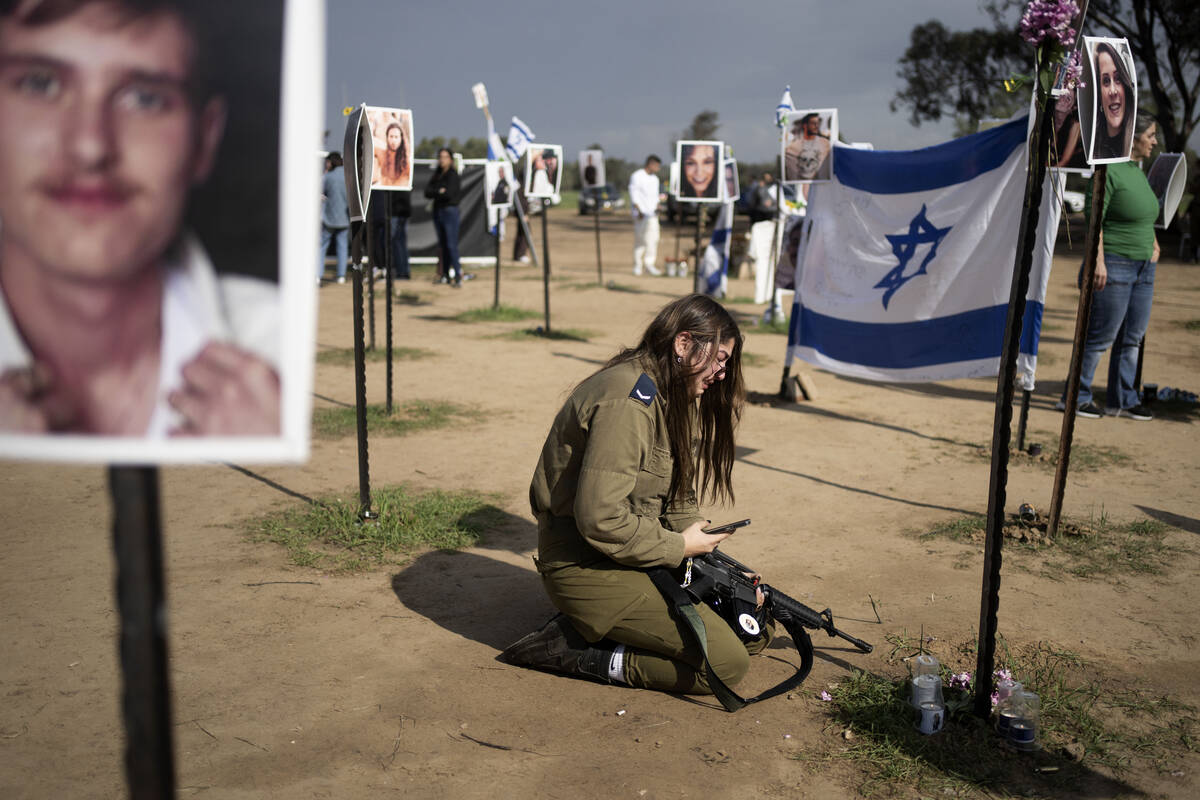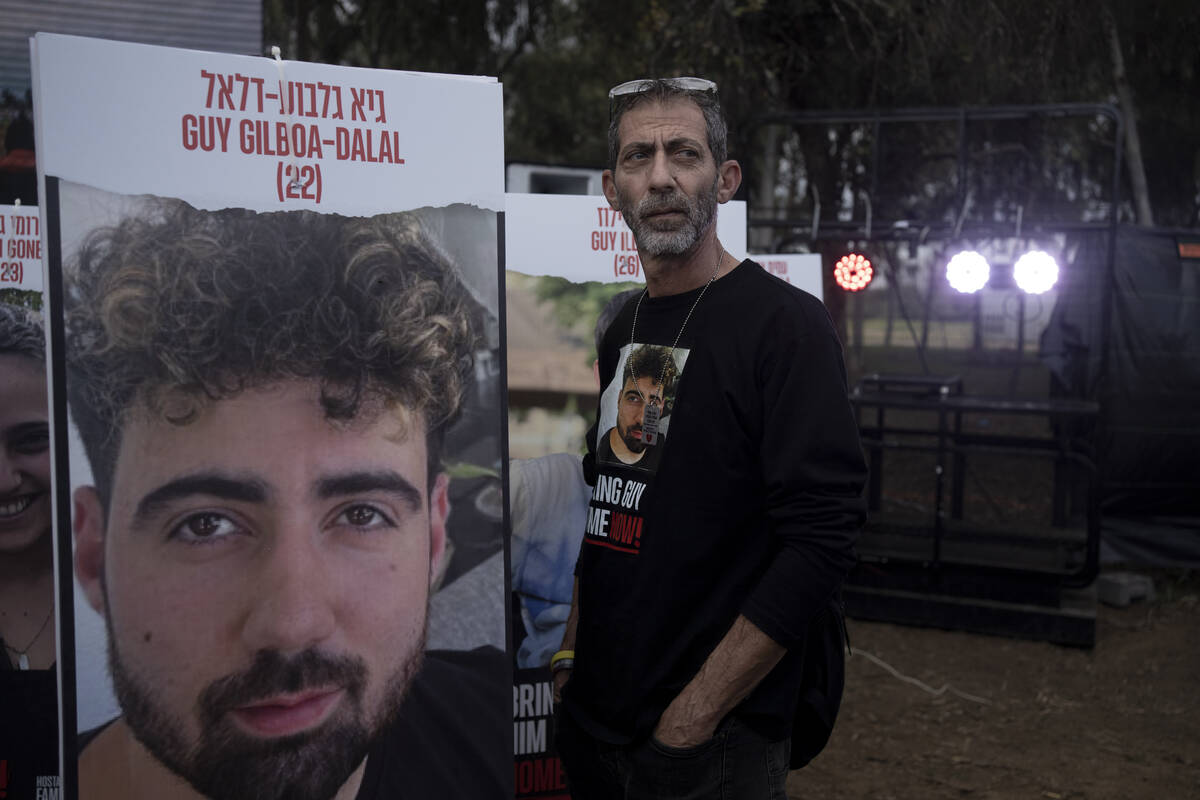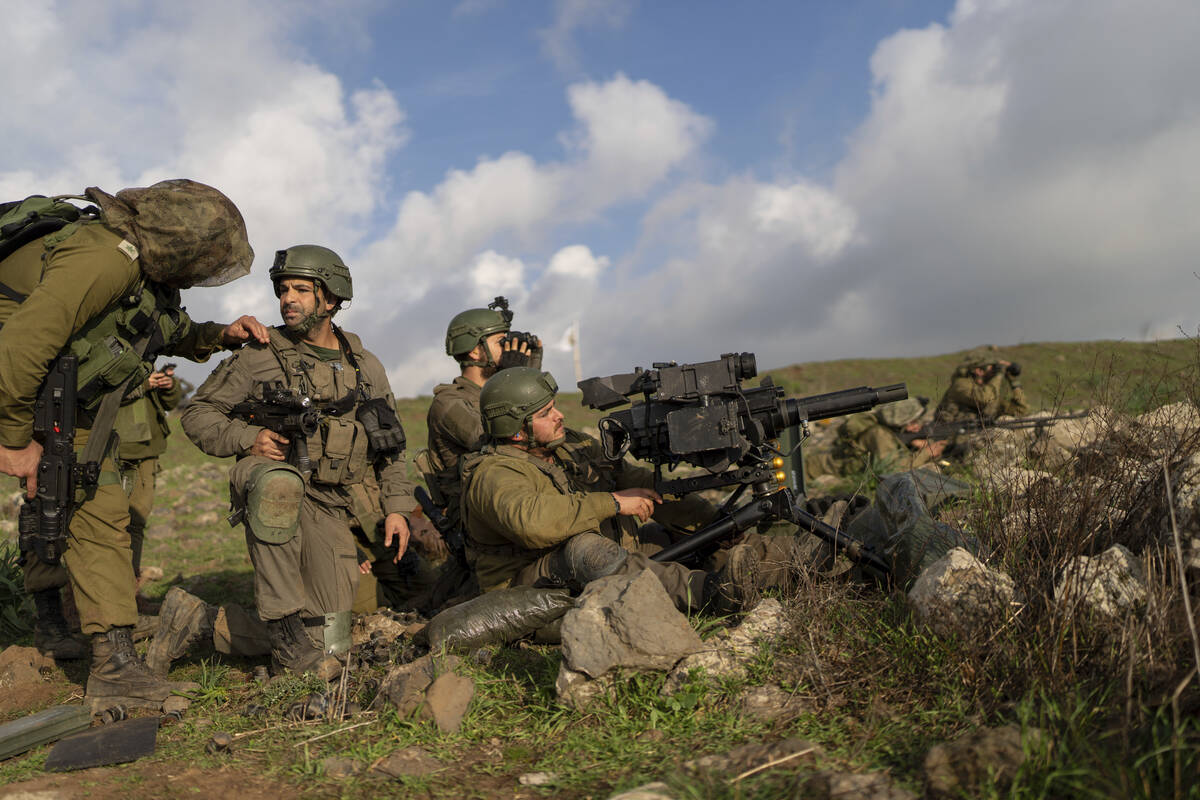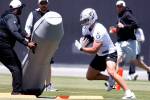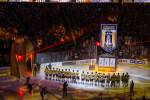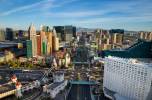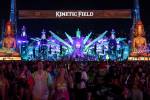Hezbollah leader says group must retaliate for suspected Israeli strike in Beirut
BEIRUT — The leader of the Lebanese militia Hezbollah said Friday that his group must retaliate after a presumed Israeli strike hit a Beirut neighborhood this week, killing a senior Hamas official, or else all of Lebanon would be vulnerable to Israeli attack.
Hassan Nasrallah appeared to be making the case for a response to the Lebanese public, even at the risk of escalating the fighting between Hezbollah and Israel. But he gave no indication of how or when Hezbollah would act.
The strike that killed Hamas’ deputy political leader, Saleh Arouri, threatened months of efforts by the United States to prevent the war in Gaza from spiraling into a regional conflict.
Nasrallah said it was the first strike by Israel in the Lebanese capital since 2006.
“We cannot keep silent about a violation of this seriousness,” he said, “because this means that all of our people will be exposed (to targeting). All of our cities, villages and public figures will be exposed.”
The repercussions of silence are “far greater” than the risks of retaliating, he added.
Tensions are rising on multiple fronts as Secretary of State Antony Blinken arrives in the region. Iraqis are furious after an American airstrike killed a militia leader in Baghdad. At the same time, the U.S. is struggling to deter attacks by Yemen’s Iran-backed Houthi rebels on commercial Red Sea shipping.
In Gaza, Israel is moving to scale down its military assault in the north of the territory and pressing its heavy offensive in the south, vowing to crush Hamas.
Northern border tensions
Since the start of the Gaza war, Hezbollah has fired rockets and missiles into northern Israel, bringing a return bombardment from the Israeli military in near daily cross-border exchanges.
After the strike Tuesday in Beirut, the Lebanon-Israel front appeared to be at a critical juncture, with the potential to veer into an all-out war.
But Hezbollah has held back from a dramatic escalation, wary of a repeat of the two sides’ 2006 war in which Israeli bombardment wreaked extensive destruction in Lebanon.
Nasrallah said Friday that the details of Hezbollah’s response “will be decided on the battlefield.” He did not elaborate.
The Beirut strike is not the only thing threatening a wider fight between Israel and Lebanon.
Israeli officials have threatened greater military action against Hezbollah unless it withdraws it fighters from Lebanese territory near their shared border.
A pullback — called for under a 2006 U.N. truce but never implemented — is necessary to stop barrages and allow the return of tens of thousands of Israelis to homes they evacuated near the border, Israel says.
Nasrallah boasted about the evacuations, saying that after Israel forced Lebanese to flee in past conflicts, Hezbollah had now done the same to Israelis, putting political pressure on the government.
Hezbollah’s cross-border attacks aim to engage Israeli forces away from Gaza, Nasrallah said.
Israel says it aims to destroy Hamas’ military capabilities and remove it from power in Gaza after the Oct. 7 terrorist attack on southern Israel, in which Hamas killed around 1,200 people, mainly civilians, and abducted around 250 others.
Israel’s onslaught in Gaza has killed more than 22,600 people, according to the Hamas-run Health Ministry. The ministry’s count does not differentiate between civilians and combatants.
Military preparing investigation
The Israeli military says it is preparing an investigation into failures connected with the Oct. 7 Hamas terrorist attack.
The army’s chief spokesperson, Rear Adm. Daniel Hagari, said Friday that the military is still planning the investigation. But he said it would include a look at the chain of command, decision making and former officials.
He said the investigation aims “to improve the army” and is not meant to replace any future external investigations.
Israeli military, intelligence and political leaders have come under heavy criticism for being caught off guard.
Prime Minister Benjamin Netanyahu has so far rejected calls for an investigation, saying the government must focus on the war and answer questions later.
The public broadcaster Kan reported earlier that a Security Cabinet meeting late Thursday broke up after four hard-line Cabinet minister shouted at the army’s commander in chief because they opposed his plans for the investigation.
Shurafa reported from Deir al-Balah, Gaza Strip, and Jobain from Rafah, Gaza Strip. Associated Press Writer Abby Sewell in Beirut contributed to this report.



